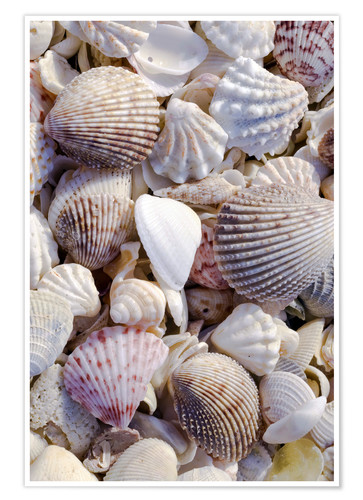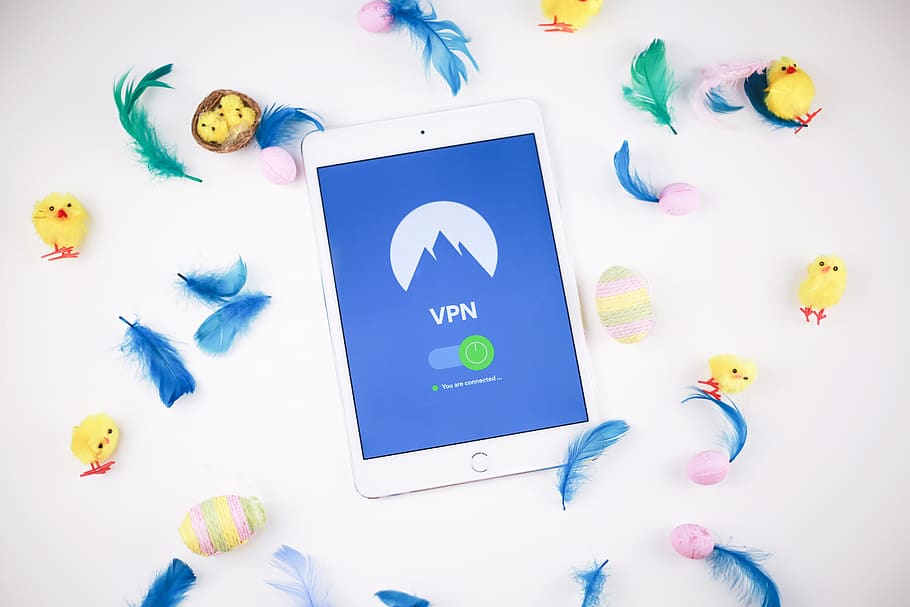
Crawling Vs Scraping
Data Crawling vs Data Scraping – The Key Differences
One of our favourite quotes has been, ‘If a problem changes by an order, it becomes a different problem’ and in this lies the answer to – Data Crawling vs Data Scraping.
Data Crawling means dealing with large data sets where you develop your crawlers (or bots) which crawl to the deepest of the web pages. Data scraping, on the other hand, refers to retrieving information from any source (not necessarily the web). It’s more often the case that irrespective of the approaches involved, we refer to extracting data from the web as scraping (or harvesting) and that’s a serious misconception.
Data Crawling vs Data Scraping – Key Differences
1. Scraping data does not necessarily involve the web. Data scraping tools that help in data scraping could refer to extracting information from a local machine, a database. Even if it is from the internet, a mere “Save as” link on the page is also a subset of the data scraping universe. Data crawling, on the other hand, differs immensely in scale as well as in range. Firstly, crawling = web crawling which means on the web, we can only “crawl” data. Programs that perform this incredible job are called crawl agents or bots or spiders (please leave the other spider in spiderman’s world). Some web spiders are algorithmically designed to reach the maximum depth of a page and crawl them iteratively (did we ever say crawl? ). While both seem different, web scraping vs web crawling is mostly the same.
2. The web is an open world and the quintessential practising platform of our right to freedom. Thus a lot of content gets created and then duplicated. For instance, the same blog might be posted on different pages and our spiders don’t understand that. Hence, data de-duplication (affectionately dedup) is an integral part of web data crawling service. This is done to achieve two things — keep our clients happy by not flooding their machines with the same data more than once; and saving our servers some space. However, deduplication is not necessarily a part of web data scraping.
3. One of the most challenging things in the web crawling space is to deal with the coordination of successive crawls. Our spiders have to be polite with the servers, that they do not piss them off when hit. This creates an interesting situation to handle. Over some time, our spiders have to get more intelligent (and not crazy! ). They get to develop learning to know when and how much to hit a server, how to crawl data feeds on its web pages while complying with its politeness policies. While both seem different, web scraping vs web crawling is mostly the same.
4. Finally, different crawl agents are used to crawling different websites and hence you need to ensure they don’t conflict with each other in the process. This situation never arises when you intend to just crawl data.
Data ScrapingData CrawlingInvolves extracting data from varioussources including webRefers to downloading pages from thewebCan be done at any scaleMostly done at a large scaleDeduplication is not necessarily a partDeduplication is an essential partNeeds crawl agent and parserNeeds only crawl agent
On a concluding note, when talking about web scraping vs web crawling. ‘Scraping’ represents a very superficial node of crawling which we call extraction, and that again requires few algorithms and some automation in place.

What Is The Difference Between Web Scraping And … – Zyte
People talk sometimes interchangeably about these two. But, actually, there’s a difference. Want to know what is the difference between web scraping and web crawling? You’re in the right place.
The short answer
The short answer is that web scraping is about extracting the data from one or more websites. While crawling is about finding or discovering URLs or links on the web.
Usually, in web data extraction projects, you need to combine crawling and scraping. So you first crawl – or discover – the URLs, download the HTML files, and then scrape the data from those files. This means you extract data and do something with it, like storing it in a database or further processing it.
Different purposes
Going deeper, there’s a big difference in the purpose of these two things and how they work.
In web scraping, it’s all about the data. The data fields you want to extract from specific websites. And it’s a big difference because with scraping you usually know the target websites, you may not know the specific page URLs, but you know the domains at least.
With crawling, you probably don’t know the specific URLs and you probably don’t know the domains either. And this is the reason you crawl: you want to find the URLs. So that you can do something with them later. For example, search engines crawl the web so they can index pages and display them in the search results.
But another crawling example would be when you have one website that you want to extract data from – in this case you know the domain – but you don’t have the page URLs of that specific website. So you don’t know what pages to scrape. So first you create a crawler that will output all the page URLs that you care about – it can be pages in a specific category on the site or in specific parts of the website. Or maybe the URL needs to contain some kind of word for example and you collect all those URLs – and then you create a scraper that extracts predefined data fields from those pages.
Different outputs
So with web crawling the output is a lot more simple because it’s just a list of URLs — I mean you can have other fields as well but the main elements are the URLs.
And with web scraping, you usually have a lot more fields 5-10-20 or more data fields. The URL can be one, but when you scrape, you extract the data not necessarily for the URL but for other data fields that are displayed on the website which can be – depends on the business use case – product name or product price, or some text or other information from any type of website.
Learn more about web scraping
Here at Zyte (formerly Scrapinghub), we have been in the web scraping industry for 12 years. We have helped extract web data for more than 1, 000 clients ranging from Government Agencies and Fortune 100 companies to early-stage startups and individuals. During this time we gained a tremendous amount of experience and expertise in web data extraction.
Here are some of our best resources if you want to deepen your web scraping knowledge:
Web scraping: Best practicesEnterprise web scraping: A guide to scraping at scaleLegal compliance in web scrapingThe build in-house or outsource decisionPrice intelligence: Everything you need to know about price crawlingPrice intelligence Data knowledge hub

Web Scraping vs Web Crawling: What’s the Difference?
The terms Web Scraping and Web Crawling are often used ever, while these terms share many similarities, there are key differences that set them ’s break down the definitions of both these terms and look at the differences between scraping vs web crawlingWhat is Web Scraping? Web Scraping refers to the extraction of data from a website or webpage. Usually, this data is extracted on to a new file format. For example, data from a website can be extracted to an excel Scraping can also be done manually, although in most cases automated tools will be used to extract the key aspect of Web Scraping is that it is often done with a focused approach. This means that Web Scraping projects seek to extract specific data sets from a website for further example, a company might extract product details from laptops listed on Amazon in order to figure out how to position their new product in the to learn more about web scraping? Check out our in-depth guide on web scraping and what it is used is Web Crawling? Web Crawling refers to the process of using bots (or spiders) to read and store all of the content on a website for archiving or indexing engines (such as Bing or Google) use web crawling to extract all the information from a website and index it in their search engines. That’s how Google can tell what pages will have the information you’re looking ’s the Difference Between Web Scraping and Web Crawling? At this point, you might already be able to tell the difference between Web Scraping and Web Crawling. Even if both terms refer to the extraction of data from websites. A Web Crawler will generally go through every single page on a website, rather than a subset of the other hand, Web Scraping focuses on a specific set of data on a website. These could be product details, stock prices, sports data or any other data short, Web Scraping has a much more focused approach and purpose while Web Crawler will scan and extract all data on a osing ThoughtsDue to the differences in goals and applications for web crawling and web scraping, apps for web scraping and web crawling are drastically different as you’re looking for a web scraper for your next project, check out our guide on what’s the best web scraping software. We obviously recommend ParseHub, a free and easy-to-use web scraper that can scrape data from any wnload ParseHub for free
Frequently Asked Questions about crawling vs scraping
What is the difference between scraping and crawling?
The short answer is that web scraping is about extracting the data from one or more websites. While crawling is about finding or discovering URLs or links on the web. Usually, in web data extraction projects, you need to combine crawling and scraping.
What is crawler and scraper?
A Web Crawler will generally go through every single page on a website, rather than a subset of pages. On the other hand, Web Scraping focuses on a specific set of data on a website. These could be product details, stock prices, sports data or any other data sets.Feb 3, 2020
Is crawling legal?
Web data scraping and crawling aren’t illegal by themselves, but it is important to be ethical while doing it. Don’t tread onto other people’s sites without being considerate.Nov 17, 2017


